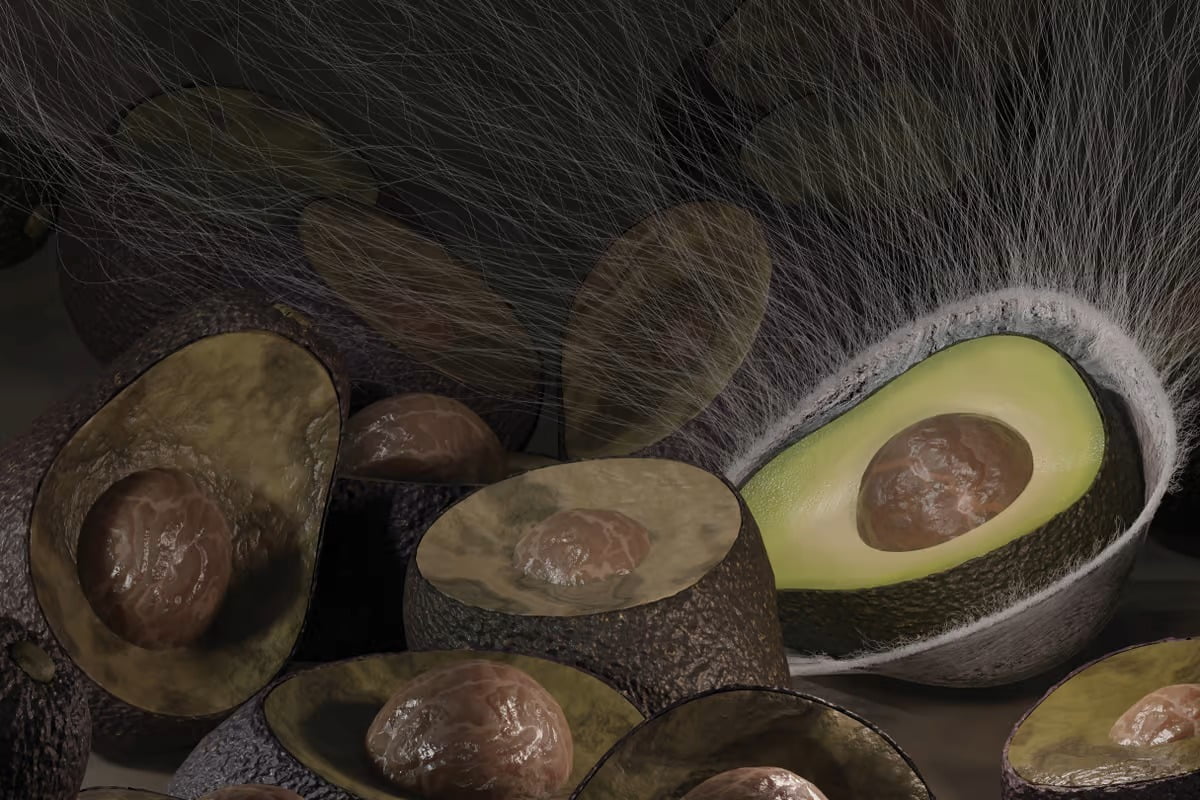Plastic wrappers and containers are great for storing food, but they are a catastrophe for the entire ecosystem. Researchers at Harvard and Rutgers Universities have developed a new plant-based antimicrobial coating that can be sprayed on foods to keep them fresh, and can be easily removed before consumption.
The new coating is made of biopolymer fibers woven with natural antimicrobial components such as thyme oil, citric acid and nisin. This helps prevent food spoilage and contamination by fighting germs such as E. coli and listeria. When it's time to eat, simply wash off the coating and enjoy your food.
A packaging to spray
According to the team, the material can be produced on a large scale in a simple method, centrifuged with a heating device that the researchers liken to a hair dryer, and used to coat foods of all shapes and sizes, including fruit, vegetables and meat.
In tests (on avocados), the team found that the coating can extend shelf life by more than 50%: and degrades to the soil in just three days.
This is not the first time that scientists have tried to develop an environmentally friendly food coating to replace plastic. Other teams have experimented with films made of seaweed o spider silk, packaging made of wax or hemp.
Spray Coating: From Overuse to Reuse
All these ideas (including the one that is the subject of this article) have one important feature in common: they are made with waste products.
“What we've come up with is scalable technology. It allows us to transform biopolymers derived from food waste into smart fibers that can directly wrap around food like a coating,” he says Philip Democritou, study author (that I link to you here).
The new generation of green packaging will be intrinsically intelligent: what would you call a material that favors the environment and the circular economy? Toh. Take and bring home.


